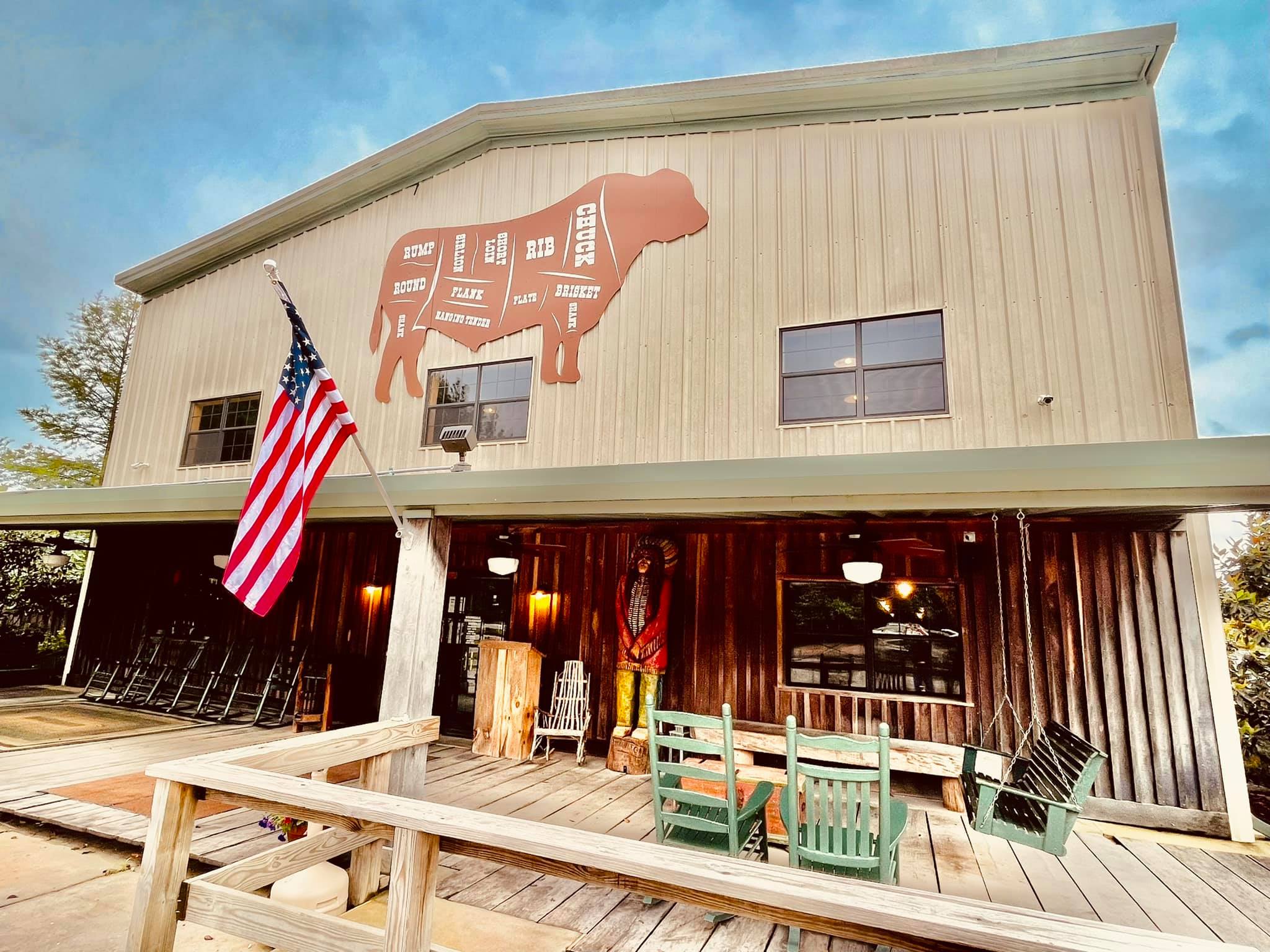Facebook friend dilemma: Trump vs. Clinton causing social tension
Published 6:41 am Friday, August 12, 2016
CINCINNATI (AP) — Some friends don’t let friends talk politics anymore on Facebook.
Others are on “unfriending” sprees.
And some, such as Adolfo Olivas of Hamilton, Ohio, have decided to just shut down their accounts, as the divisive presidential campaign causes a deluge of news feeds amid photos of smiling kids’ first day of school and what’s on the grill for dinner.
The last straw for the former Republican mayor came after GOP nominee Donald Trump’s criticism of fellow Gold Star parents, the Muslim parents of Iraq war casualty Humayun Khan.
“Just reading all of those comments justifying Mr. Trump’s outbursts,” explained Olivas, whose son Nicholas, 20, was killed on Army patrol in Afghanistan in 2012. “I cannot stand to put up with the stupidity of those who will try to justify those words!”
The giant social network has emerged as a virtual town hall for political debate, an easy place to share opinions — and vitriolic attacks — about the two polarizing presidential candidates.
Facebook says that from Jan. 1 through Aug. 1, 100 million people on Facebook in the United States generated 4 billion posts, comments, shares and reactions about the election. More than 1 billion of those came in July, the month of the national conventions officially nominating Trump and Democrat Hillary Clinton. Facebook counts 205 million active monthly users in the United States.
Katie Harbath, Facebook’s global politics and government outreach director, said in a statement that the network “is giving more people a voice in the political process, enabling a robust two-way dialogue between candidates and voters the likes we haven’t seen before.”
Facebook didn’t have “unfriending” numbers, but that online action of cutting off communication appears to be on the rise this summer along with the other election-related activity.
“I’ve seen that myself increasingly,” said Scott Talan, an American University communication teacher who studies social media and politics. “They range from pretty harsh, graphically laced, attacks upon people … to statements of ‘if you support this person, you can no longer be my friend.'”
Talan says the popularity and ease of use on Facebook combined with two candidates with remarkably high negative ratings among voters fuel “very visceral” debates that go to people’s strong personal values and identity.
Joseph Alfini, 62, of Sarasota, Florida, is among users who have declared Facebook moratoriums: no more politics!
“I am done with political posts; negative, harmful words back and forth,” Alfini wrote recently. “Some people are real brave sitting behind a keyboard. Everyone should be able to vote (for) who they want to without influence and negativity.”
The New York native says he “would never” vote for Clinton, but isn’t a fan of Trump. “They both suck,” said Alfini, whose latest posts have focused on the Yankees, Mets, and this by the Chi-Lites: http://bit.ly/2bi3YQt
Talan said on the bright side, the lively Facebook debates are healthy signs of Americans exercising their free speech rights and of voter engagement in the political process.
Among his suggestions:
__ Try to use civilized tones and decorum in your posts.
__ “Take a breath or two” and think it through before commenting on a friend’s post or unfriending someone.
__ Instead of sharp opinion statements, pose questions such as “how can we trust her?” or “is he stable enough to be president?”
__ Remember that this will all be over in November, and your friendships could and should outlast the next presidential term.
— And, in general, “try not to be like the candidates.”





